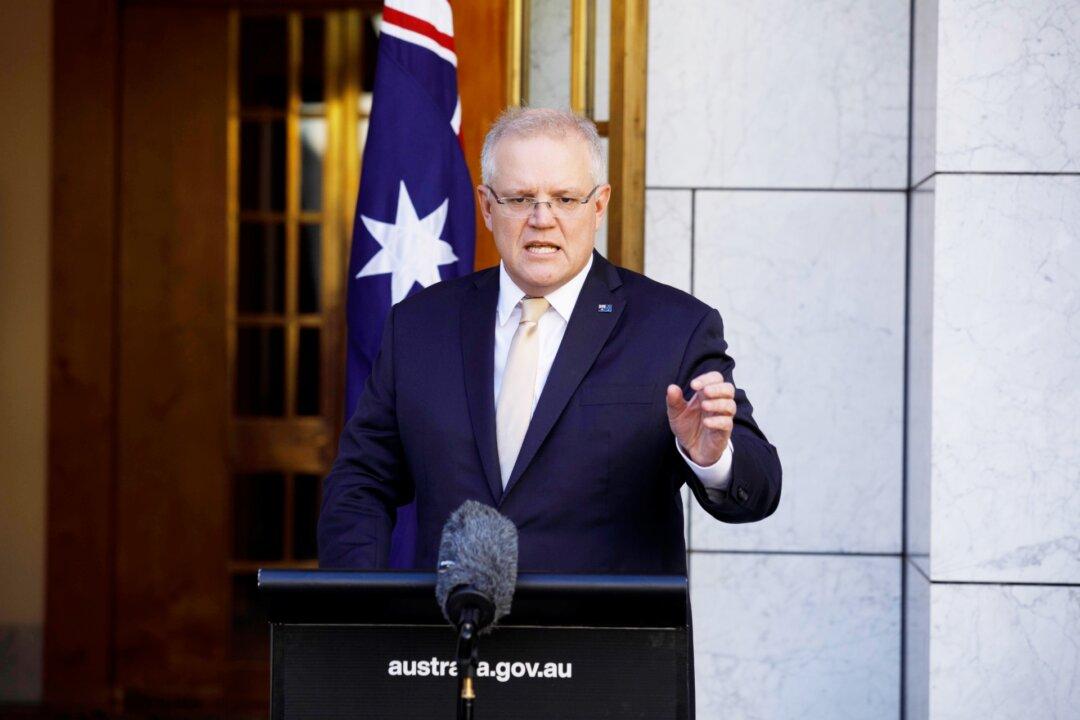Chinese Communist Party (CCP) officials have denied that the trade blockages, export delays, and tariffs the regime has imposed on Australian export products are a targeted attack, according to Australian Prime Minister Scott Morrison. This is despite Beijing imposing several disruptions to the exports of Australian beef, wine, barley, lobster, timber, iron ore, and cotton.
The news comes after the state-run CCP mouthpiece, Global Times, reported that from Nov. 6 Beijing will place a sweeping ban on imports of Australian wine, cotton, wool, barley, lobster, sugar, timber, and copper.




